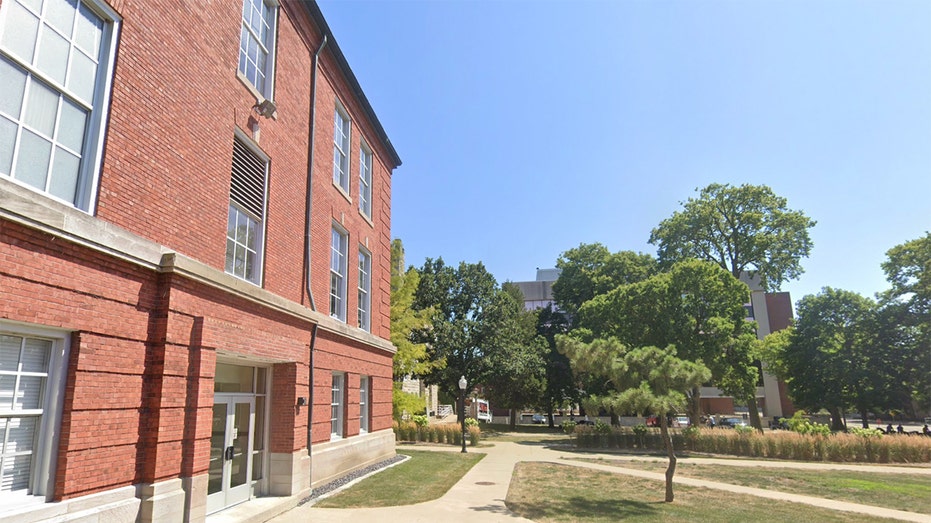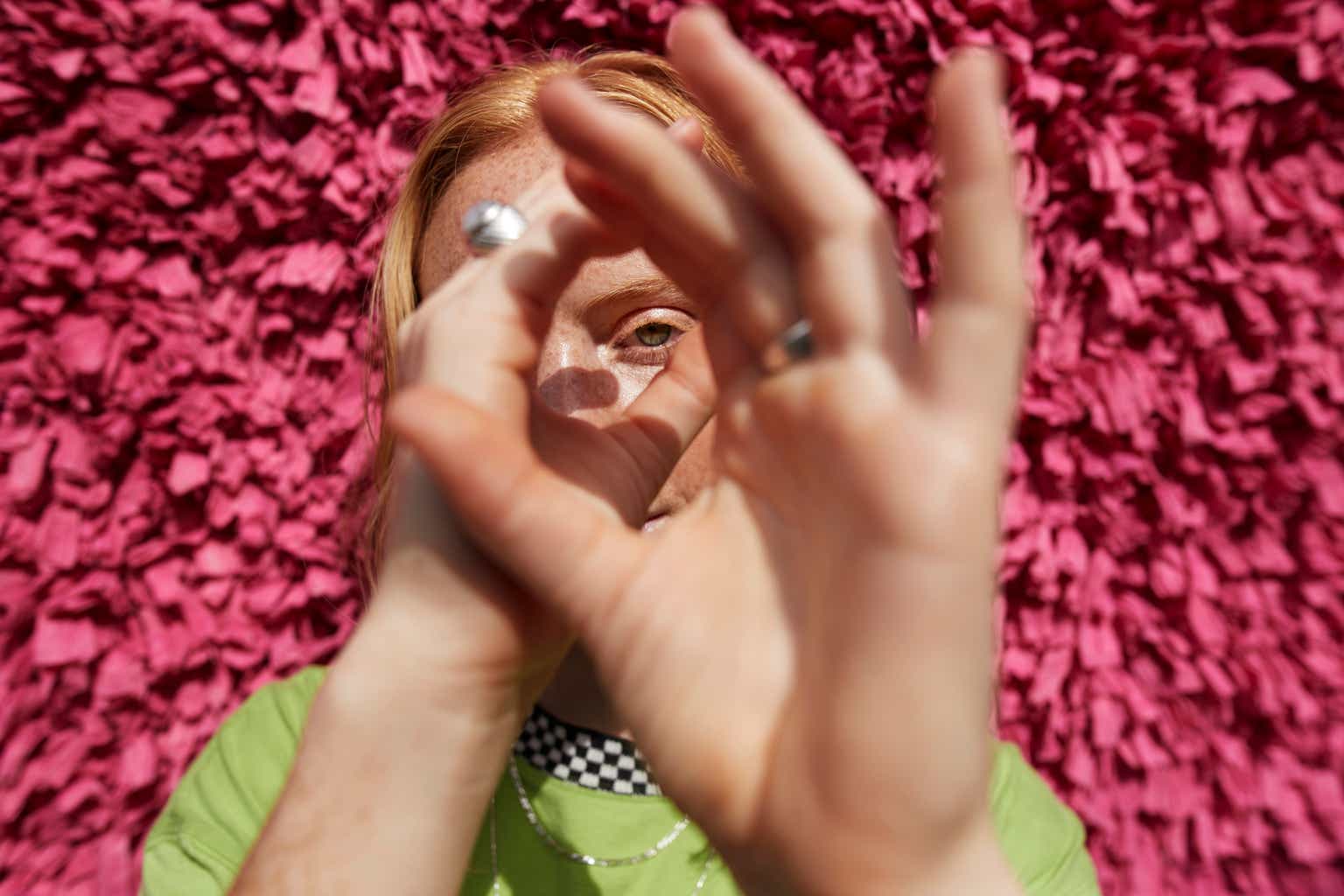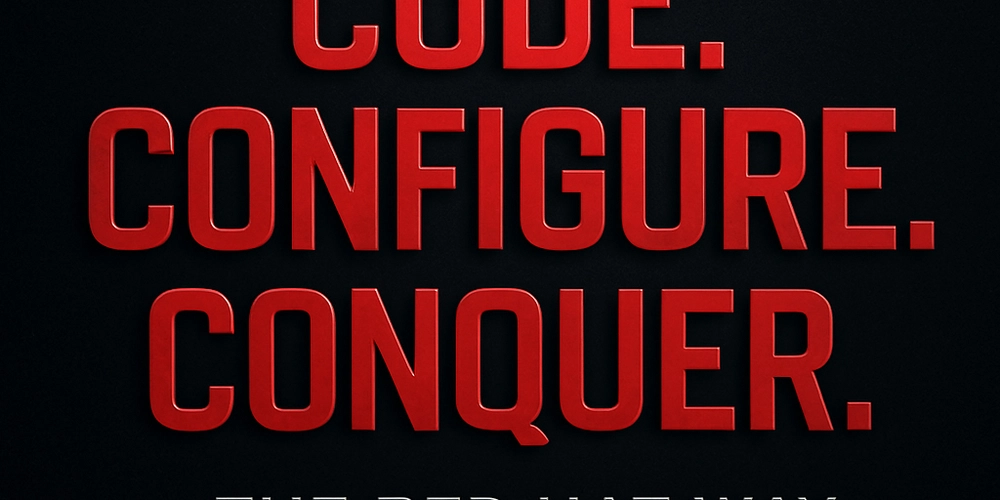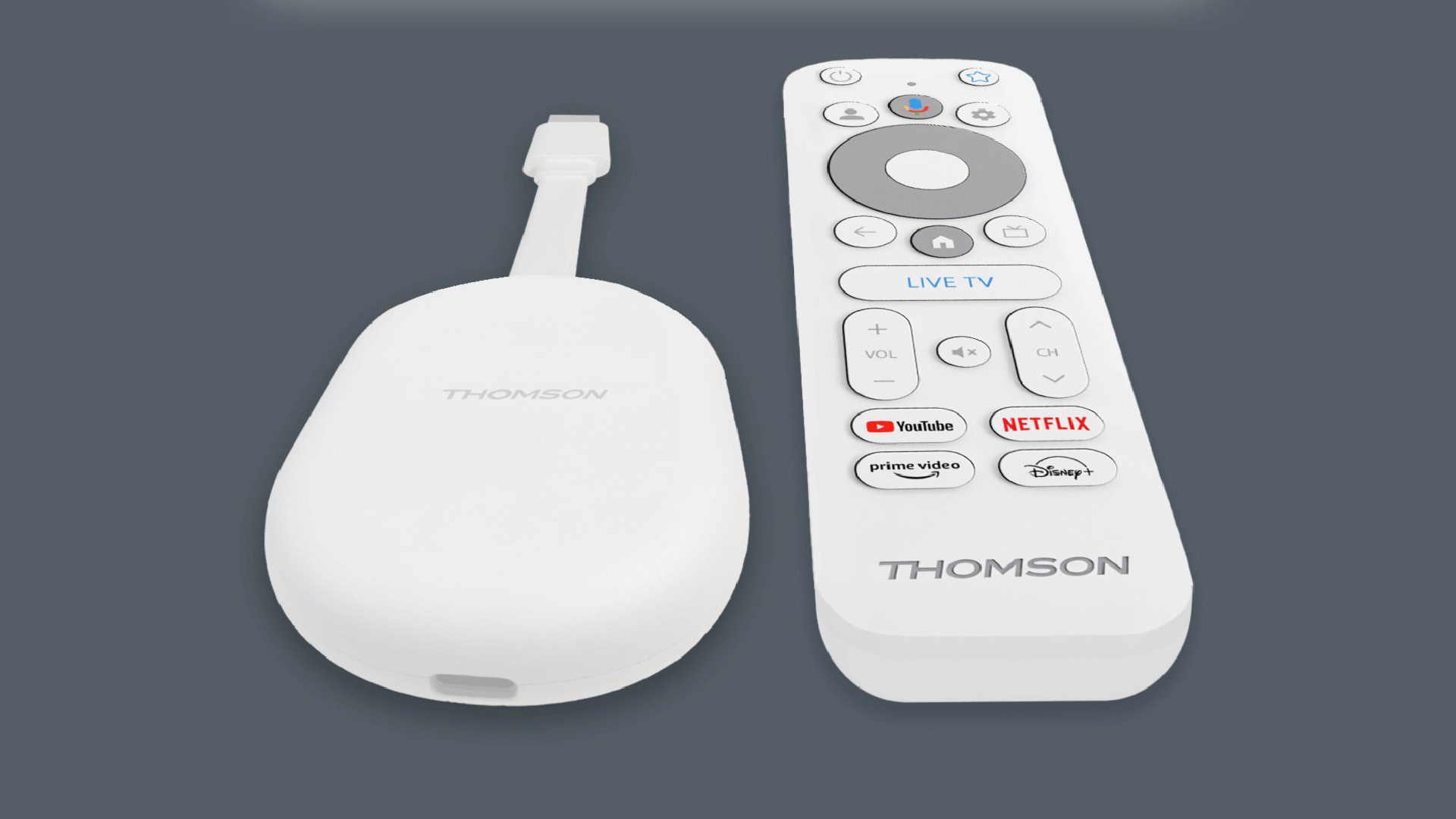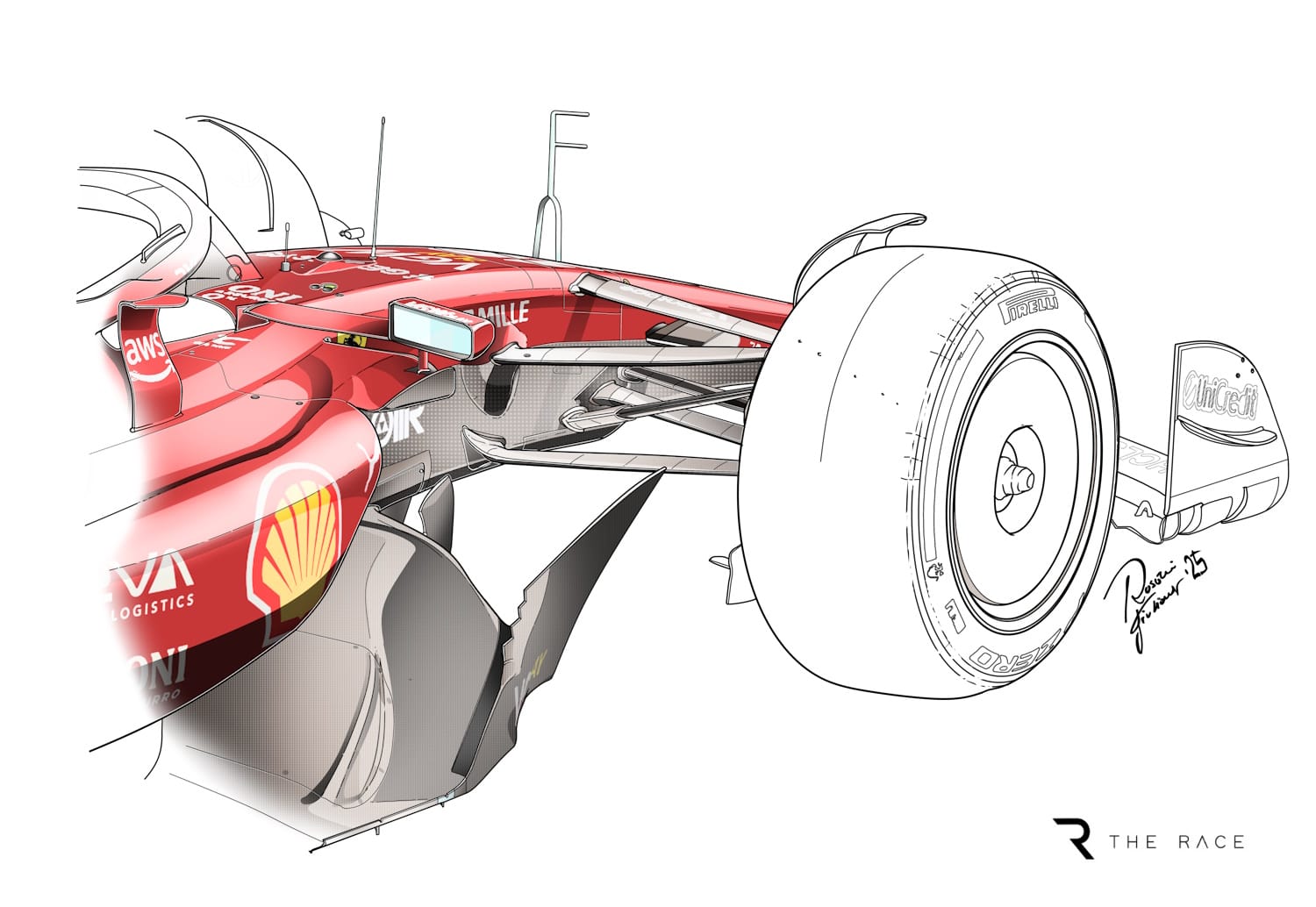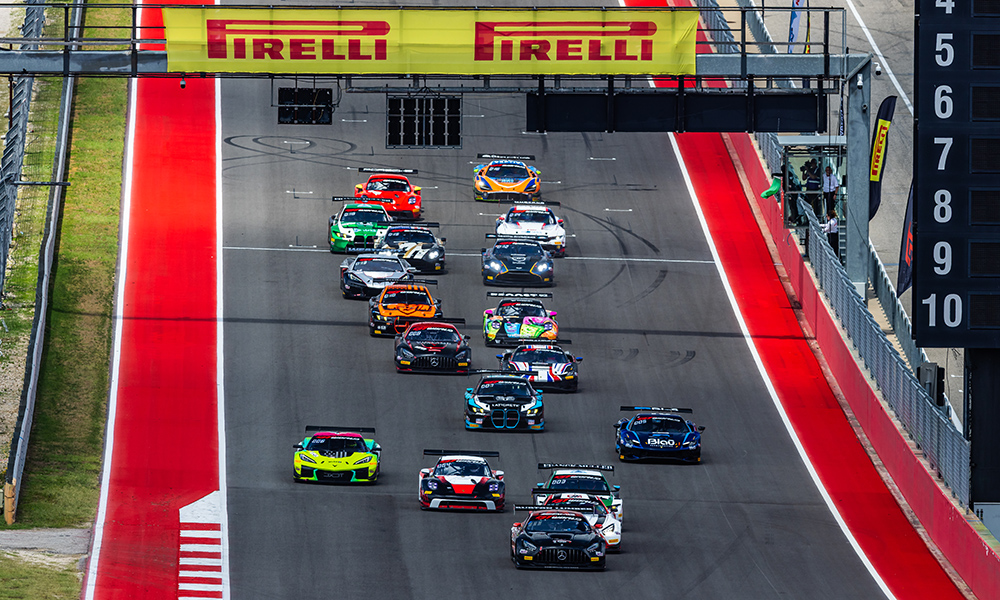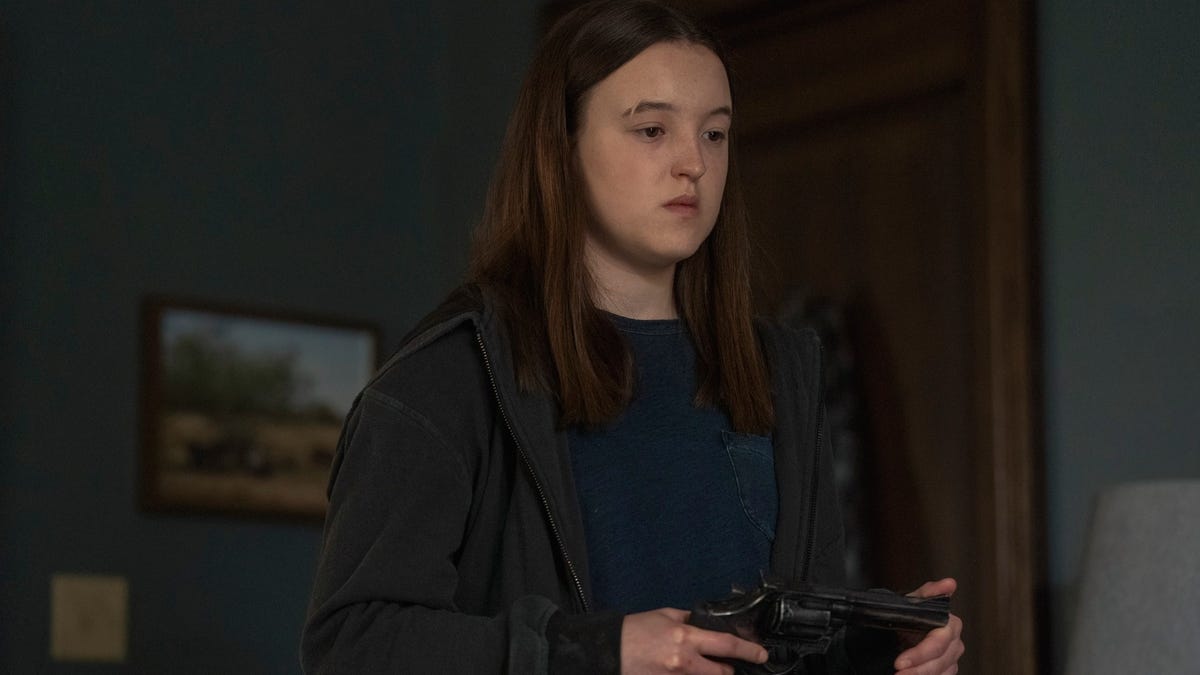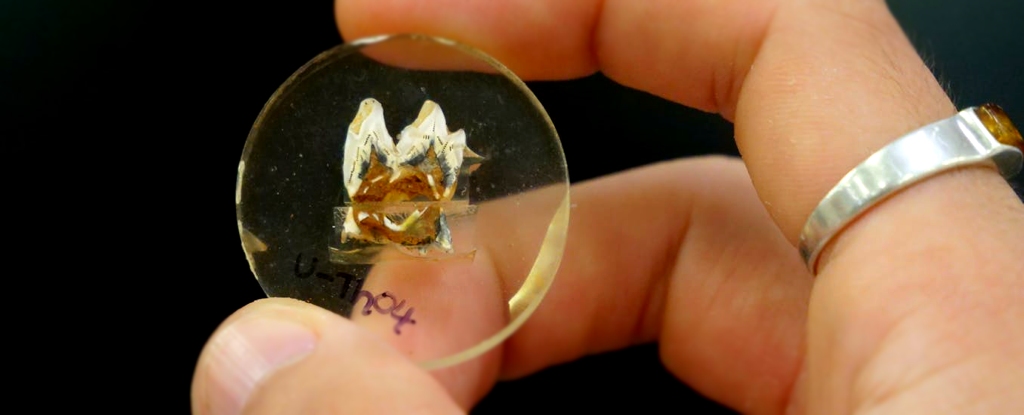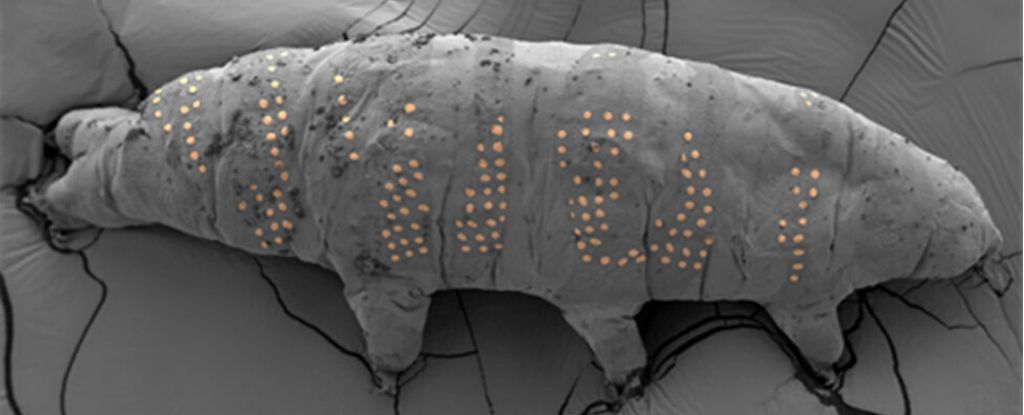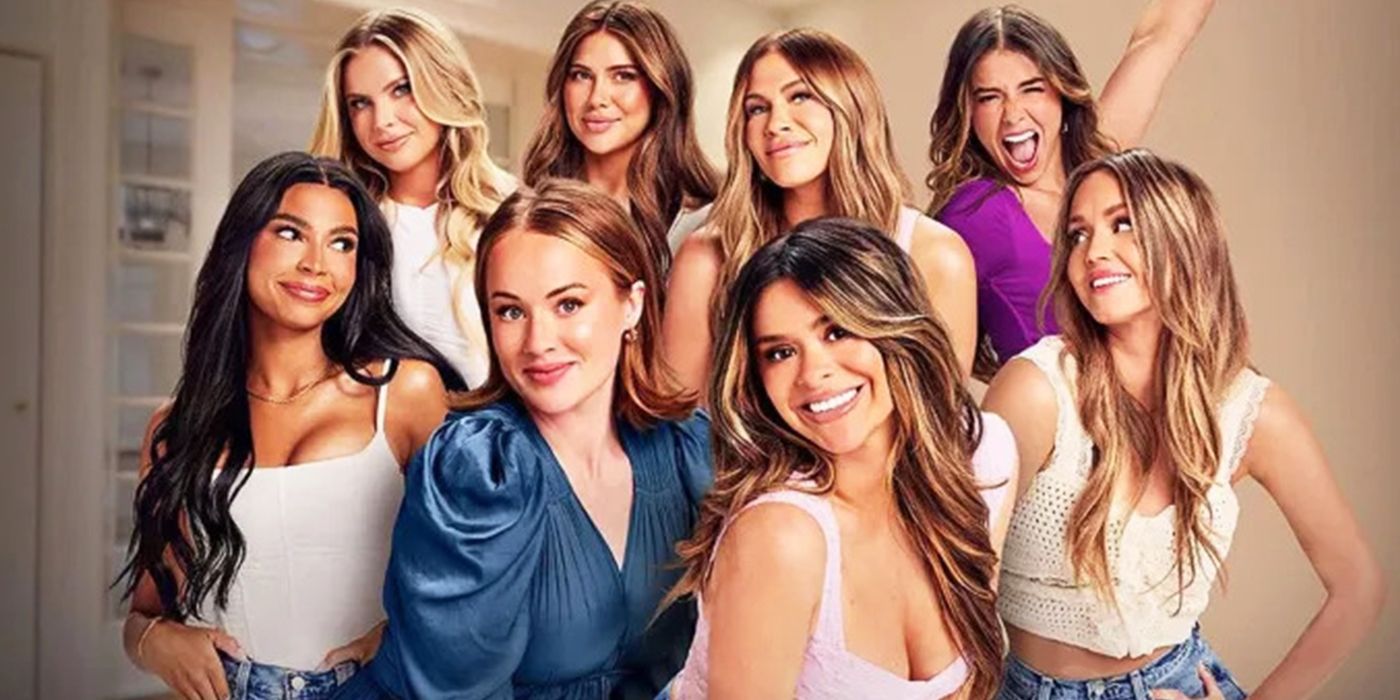‘You’ Star Penn Badgley Says Series Finale Takes Away Joe’s ‘Worst Weapon’ — and Satisfies Some Blood Lust
The "Gossip Girl" actor also tells TheWrap what he makes of that final monologue and if he thinks Joe could change in prison The post ‘You’ Star Penn Badgley Says Series Finale Takes Away Joe’s ‘Worst Weapon’ — and Satisfies Some Blood Lust appeared first on TheWrap.
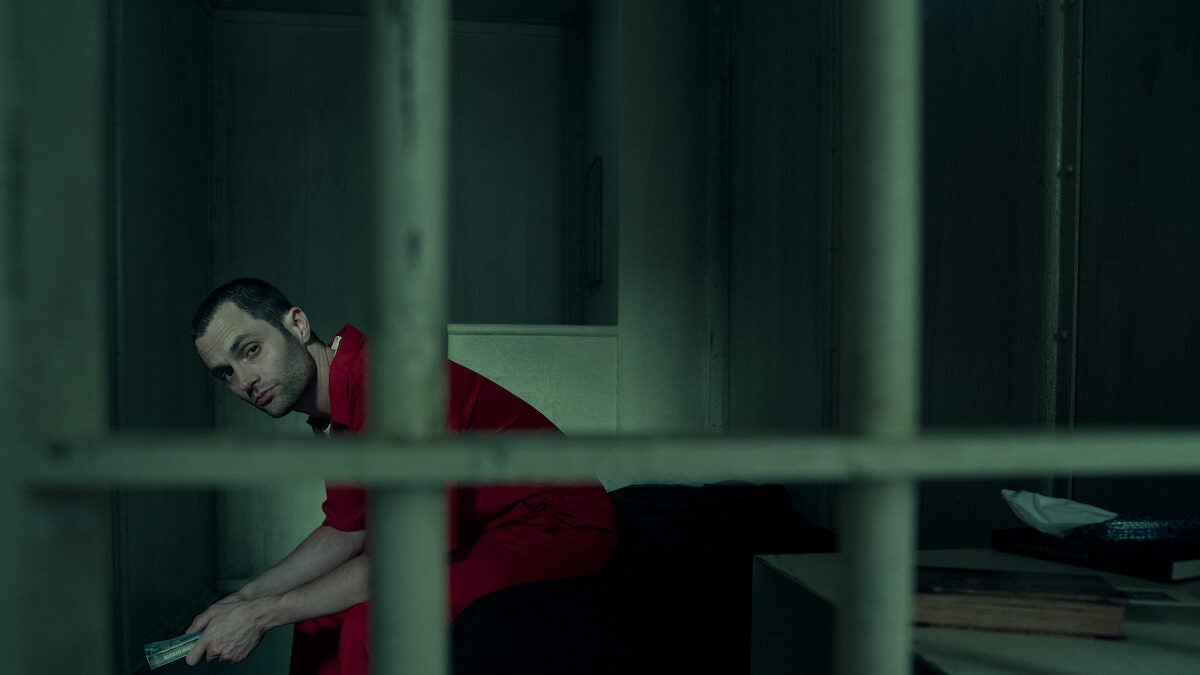
Note: This story contains spoilers from “You” Season 5, Episode 10.
Although Joe Goldberg doesn’t meet his maker at the end of “You” Season 5, he is the victim of a devastating shot to the groin, which Penn Badgley said takes away his “worst weapon” in a satisfying ending.
“The thing that does it is taking away his worst weapon, which is his masculinity, his genitalia,” Badgley told TheWrap. “He doesn’t do his worst work in a cage — He’s the most transparent there about who he is. He does his worst work in a bedroom, in a relationship … that was where he’s caught and deconstructed and robbed of his ability.”
In the “You” Season 5 finale, Joe is finally brought to justice when he is arrested and charged for a lengthy list of murders, landing him in prison for likely the rest of his life — one of the three paths Badgley notes Joe could’ve gone for his ending, with the other two options including Joe being killed or getting away with his crimes scot-free.
“None of them, in and of themselves, are purely satisfying and perfect — It’s more about how they happen,” Badgely said. “I always thought that he shouldn’t die, because whoever kills him is being brought down to his level to some degree … and that, to me, wouldn’t be justice. And then getting away fully would just be depressing.”
In lieu of murder, as Bronte (Madeline Brewer) takes her shot to Joe’s groin prior to his arrest, Badgley notes audiences’ blood lust is satisfied, too. “I think otherwise, it’s a very just ending for him,” he said. “I think we throw a bone, so to speak, to the audience, by taking away his bone.”
Below, Badgley reveals his thoughts on Joe’s final monologue, whether he thinks Joe will change in prison and if he would ever revisit the character again.
TheWrap: What did you want to explore or have come through in Joe in this last season?
It was really important to me that he finally be seen very viscerally as a sexual predator. He’s always been just so it completes the whole exercise. It’s in the bedroom, the proverbial bedroom, the space of a relationship, where he is the most manipulative and insidious and abusive, in a way, because he’s the most dishonest, the most coercive. It was really important to sort of freeze him in that state, nearly naked, nearly about to engage in the act — seeing him in bed with a woman, and for the first time ever, you’re really viscerally feeling like, “Oh my god, I do not want that. I do not want to see that.”
This season explores a bit of incel culture, which Joe seems to separate himself from. What did you make of that?
That’s where Joe is not so much a clinical portrait of a serial killer, but this caricaturist version of all of us where we don’t want to admit we’re wrong in a relationship. Of course, we do it in small ways, sometimes big ways — murder and serious violence is like a cinematic tool. This show is ultimately about the way we are in relationships, and when we mistake more possessive and self-centered feelings for love. Those are not love, but we’re accustomed to thinking of them as love.
There are these social differences between the way men and women are treated. Men are afforded a different kind of stubbornness. I don’t remember who has said it, or where it comes from, that it does feel true that women aren’t allowed to be angry, but men are only allowed to be angry. Of the powerful emotions, that’s the one that’s most accepted from them. And in the end, that’s just as harmful for men as it is for women. Seeing a man struggle with coming to terms with himself and where he’s been wrong, I think that’s very relatable. It’s just we do it in this absurdist, satirical way.
Episode 9 sees a huge reversal with Joe in the cage while Marienne, Kate and Nadia are outside. What was that like?
The funny thing is that he gets locked in the cage every season. I don’t think he does in Season 4, but every other season, this actually has happened, so it’s not so much about what happens — It’s about how it happens. This time, I think, represents the most intractable conflict in a relationship where both sides are just 100% confident they’re right. Now, in this case, the women are right. They’re definitely right. He’s definitely wrong, but they’re both just unabashedly confident there’s no way out. And they’re like, “alright, I guess we’re gonna have to shoot him.” There’s no way out except for him to get out.
There’s a moment in the finale when even Henry sees Joe for what he truly is and calls him a monster. How does that affect Joe?
That’s one of my favorite moments of the whole series, because I think the way Frankie DeMaio delivered that performance is so good. It’s interesting because that is the last moment of, whether it’s real or performed, vulnerability we see from him, because now he’s like, “alright, f–k it, I can’t use that as a as an escape hatch anymore, to act like I love my son.” I think what we would have seen from Joe in time is for him to turn on Henry — maybe he wouldn’t become physically abusive, although, why wouldn’t he, but he definitely would have turned down Henry and been like “you’ve betrayed me too.” That’s essentially what he does right there. He just turns that anger onto Bronte.

The end of the finale turns the show back on the audience with Joe’s final monologue. What did you think of that moment and what do you hope audiences take away from it?
In the end, it could only be about us rather than him, because he’s not real. I don’t know that I’ve had enough time and perspective to have hugely new things to say about him. I’ve been saying it all along — this is more of a show about love than it is about murder. He’s not a clinical portrait of a serial killer. He’s a concoction of all that we love to think and fantasize about love, but then bringing all of that to its logical conclusions, where it’s like, “no, that’s actually not love, that’s possession and manipulation and jealousy and lust and those things are actually more self-centered than they are mutual and reciprocal — they are not true love.” Hopefully, first of all, people just enjoy it. We’re not trying to change the world here. I hope people enjoy it. And if they can just think about some of these things as a result, well, then that’s pretty great.
Do you think the time in prison will transform Joe at all? Or will he be who he always is and find a new person to obsess over?
To be fair, it’s unclear what part of his genitalia he lost. If he was neutered then it would actually change his chemical state, and so maybe it would change the way he’s thinking. Apart from that, maybe after decades in prison, maybe could he come to terms with who he is? That does happen. Maybe it does. I think the point, to me, is that, by the end, he’s less interesting than Bronte/Louise, and that we’re more interested in her and her future. At the end, we give the narrative voice of the show to her. I suppose we have his epilogue from jail, which is him being like, “no, no. It’s about me.” But I think she’s far more compelling by the end.
Would you ever be interested in any sort of spinoff series or revisiting Joe again?
I don’t think it’s possible, to be honest. Is there a Joe without that unique tool of masculinity that he’s got? I don’t know. I don’t see it.
This interview has been edited for length and clarity.
“You” Seasons 1-5 are now streaming on Netflix.
The post ‘You’ Star Penn Badgley Says Series Finale Takes Away Joe’s ‘Worst Weapon’ — and Satisfies Some Blood Lust appeared first on TheWrap.
